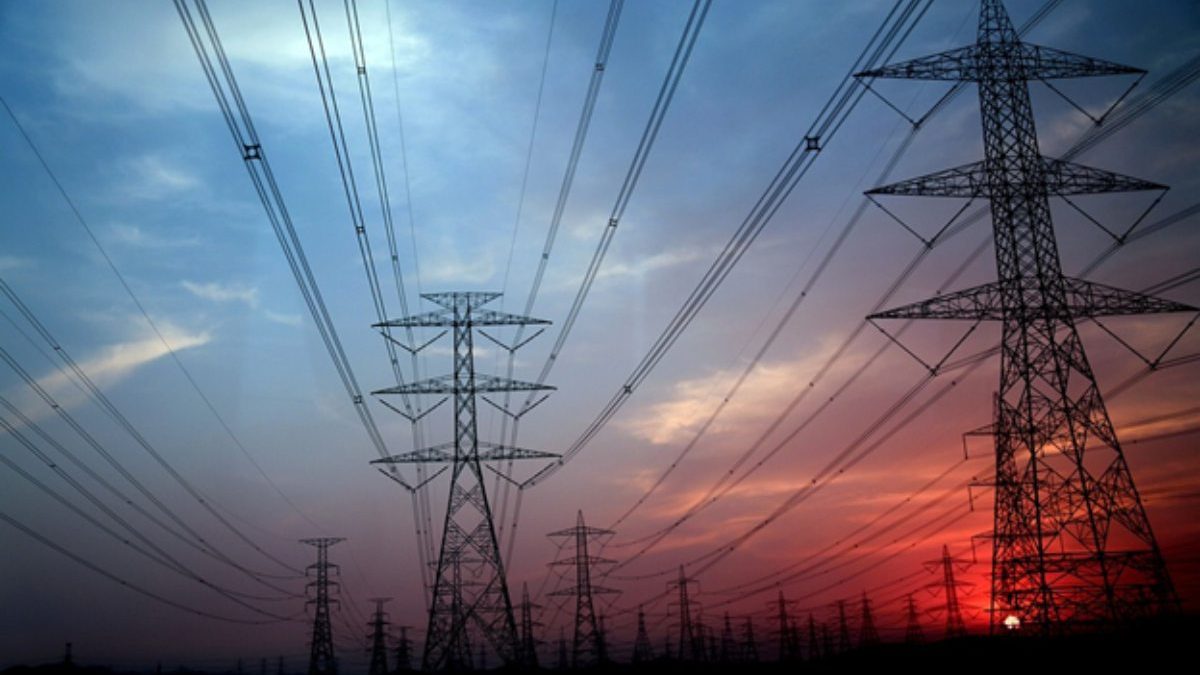Energy management entails the regular monitoring and optimization of energy consumption.
This can be localized, in a house, store, business, or factory. Or it can be more extensive, like a whole community. But the main objective is the same.
Energy management seeks to identify energy-saving opportunities, thereby reducing both running costs and the impact on the environment. And it’s even easier with the help of AI.
Read on for the top 5 ways artificial intelligence aids efficient energy management.
Table of Contents
ToggleSmart Grid Optimization
The electrical grid that supplies energy throughout any modern country, like the US, consists of transmission lines, power generators, transformers, and other components.
Thousands of power-generating units and more than half a million miles of transmission lines supply the country with power.
But while this feat of engineering and technology was the very latest innovation many years ago, smart grids are the way of the future.
Can computer science help the world? Through a combination of computer modeling, simulation, and machine learning, environmental scientists think it can.
So, what does this mean?
AI algorithms can optimize the operation and control of these smart grids, balancing the energy supply and demand. The reduction of wastage and greater grid stability are other top benefits of smart grid optimization.
The Computational Sciences and Engineering Division, Oak Ridge National Laboratory in collaboration with Tickle College of Engineering, University of Tennessee, Knoxville, Tennessee, has researched this very topic.
They concluded that the present limitations imposed by the traditional electric grid system, are made far easier as the old grid transitions to a smart grid system. This applies particularly to processing and analyzing massive amounts of data,
Demand Response and Load Management
The energy demand and the load placed on your energy grid are major factors that drive up prices and drive down performance.
AI can enable demand response programs by analyzing consumption patterns and adjusting energy usage accordingly.
The algorithms can also optimize load management by analyzing and acting upon factors like peak demand and the availability of renewable energy sources.
By focusing more on data, companies have been improving their performance and increasing customer satisfaction.
This is true of energy companies, as well. And they’re taking it a step further.
The majority of energy and utilities companies are already invested in AI or are in the process of doing so.
AI helps with earlier defect detection and predictive maintenance. This means smoother operation across the board.
Also, AI helps these utility suppliers to predict the consumption of water, heating, and energy. Thus offering dynamic pricing rates to consumers at times of plentiful capacity.
Energy Consumption Monitoring and Predictive Analytics
Data analytics has become a major player in all sectors of society. And predictive analytics are being used more and more in virtually every industry.
They highlight patterns that management can take actionable steps on. In energy consumption, these analytics estimate future energy consumption.
These predictions are based on historical usage data, to which analytical, statistical, and AI machine-learning techniques have been applied.
AI can monitor energy consumption patterns in any office building, retail center, factory, or residential unit. And it can make very accurate predictions about future consumption.
By analyzing these behavioral patterns data, AI can predict future consumption trends. This will help with identifying energy-saving opportunities that match the needs of the community.
Building Energy Management Systems
Energy usage in all types of buildings can be optimized through intelligent automation and control.
Real-time monitoring, adaptive temperature control, and optimized lighting systems are just some of the ways that energy management systems benefit from the use of AI.
Amazingly, AI can tell if buildings are energy efficient, from the outside! This was established by a Ph.D. engineering student and his associates at Stanford University in California.
They used remote sensing AI to tell if buildings depicted in Google Images, as well as satellite-based images, were energy efficient or not.
The results were astounding. This proves that AI’s analysis of what works and what doesn’t can be of huge benefit in the design of more energy-efficient buildings.
Renewable Energy Integration
There can be no doubt that supplementation with renewable energy sources is the solution to rising demand, overburdened power grids, and the issue of climate conservation.
AI can facilitate this integration of renewable energy sources into the grid.
Its role in forecasting renewable energy generation, optimizing power storage, and managing intermittency are key to this process.
There are many examples of AI climate solutions, especially those using renewable energy.
But while artificial intelligence can point the way forward, it is we who need to take the steps along that path.
Ultimately, artificial intelligence merely aids efficient energy management. We can learn much from its interpretation of the data.
And we can formulate plans for energy conservation based on its predictive models. But the rest is up to us.
Related posts
Hot Topics
What is Kafka Used For: A Complete Guide
What is Kafka used for? If you’ve been diving into the world of distributed systems, microservices, or data streaming, you’ve…
How Do Password Managers Work? The Guide That Finally Makes Sense
Ever wonder how do password managers work and whether they’re actually safe? I get it. The idea of putting all…



